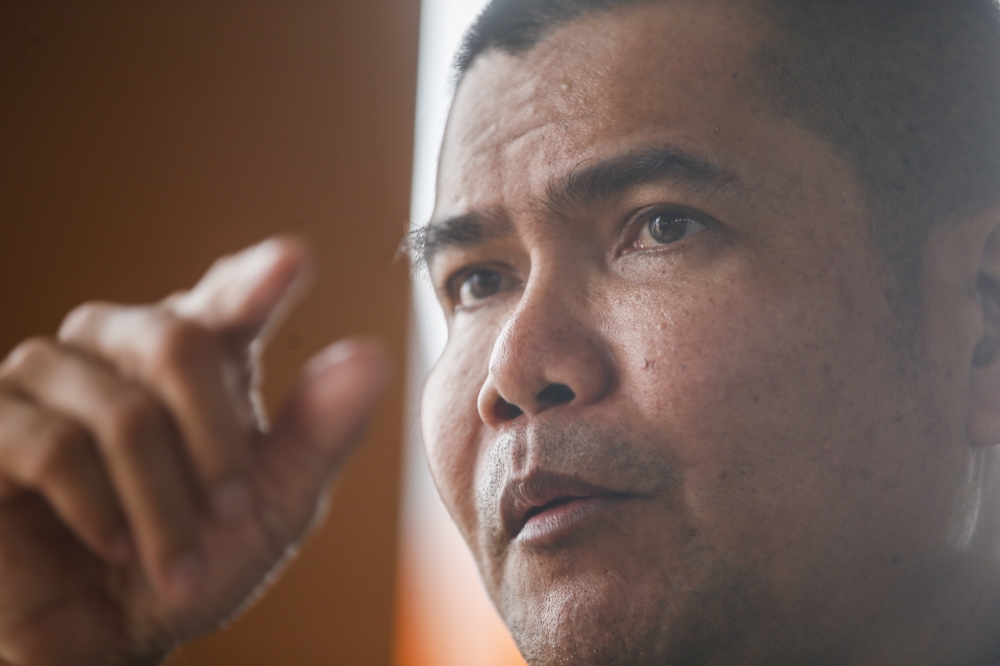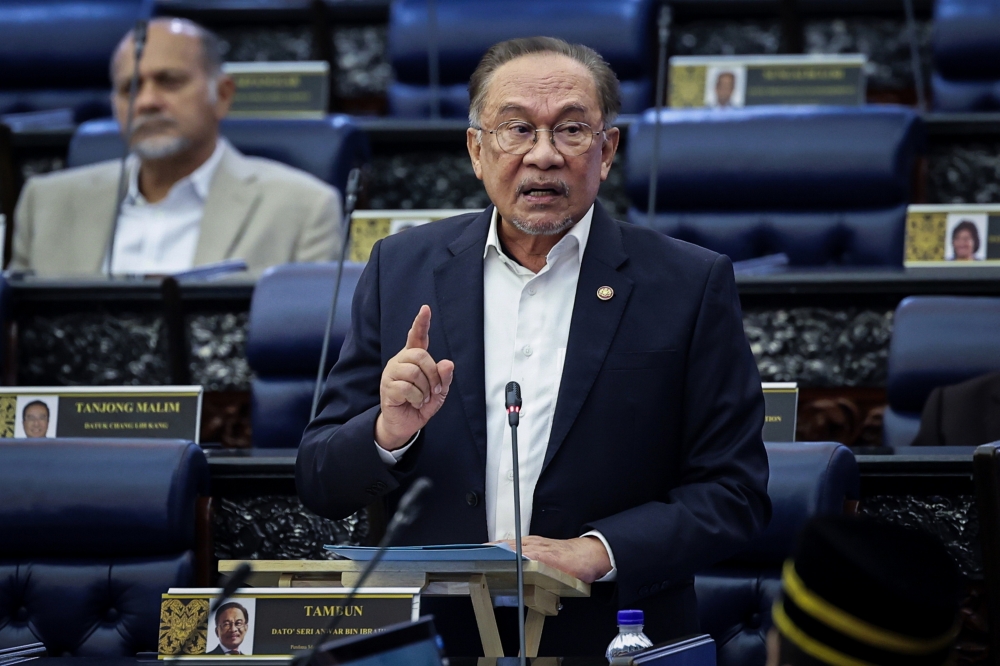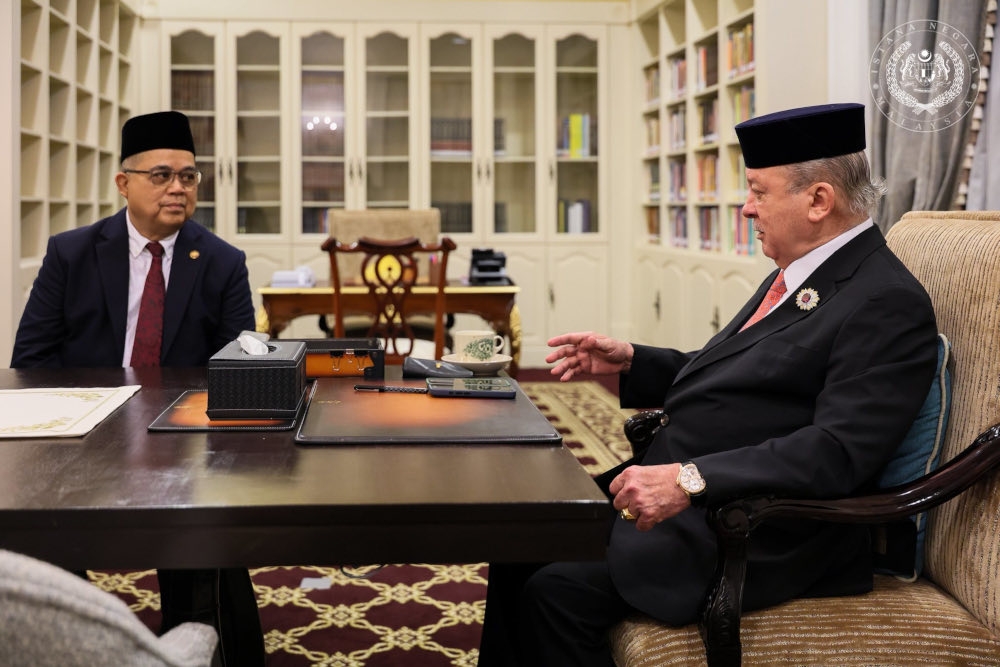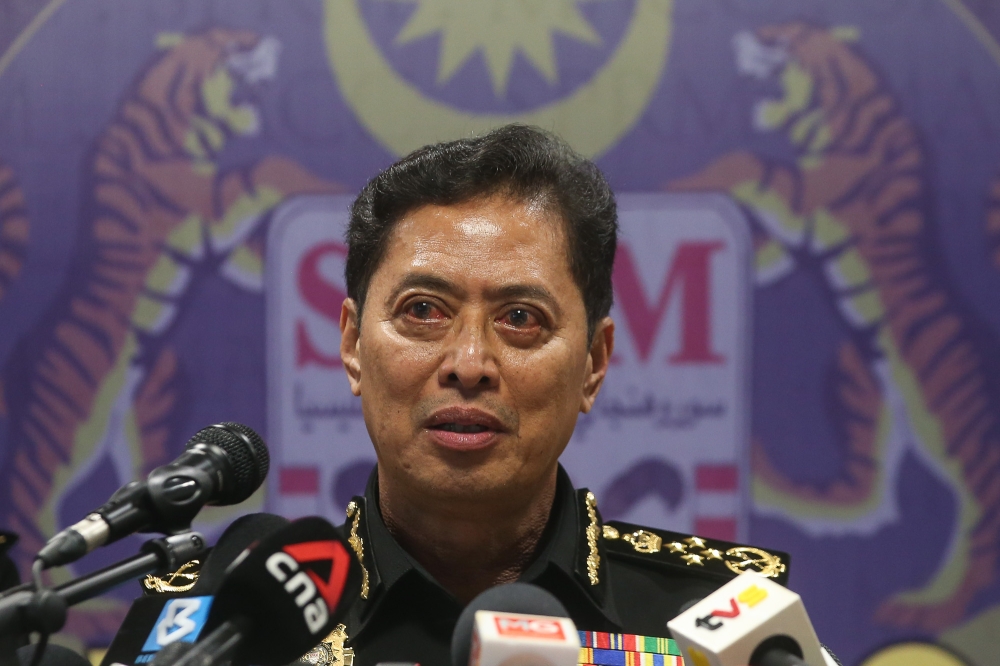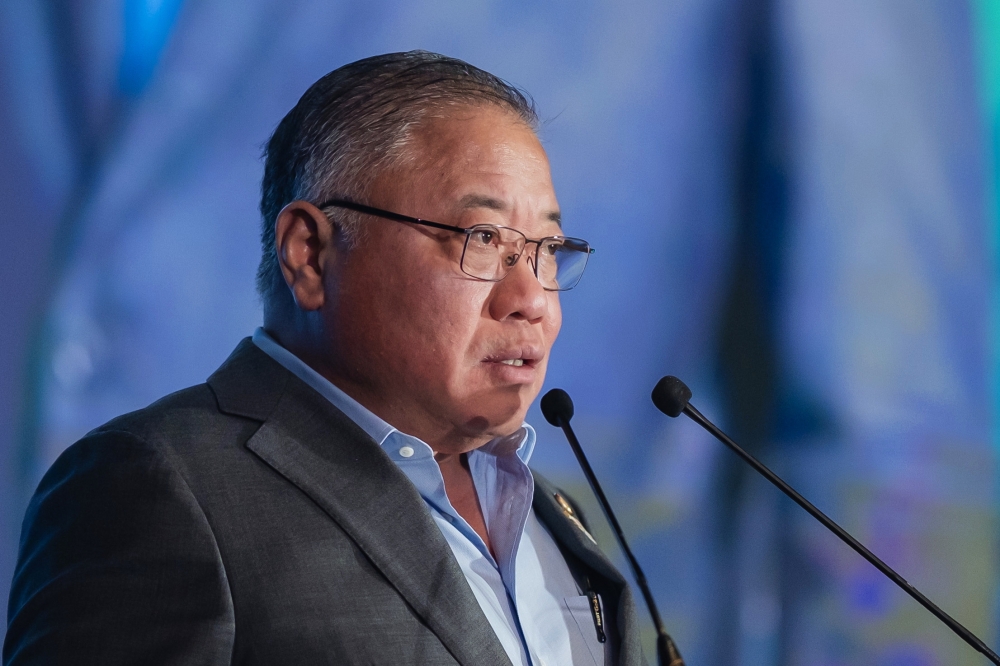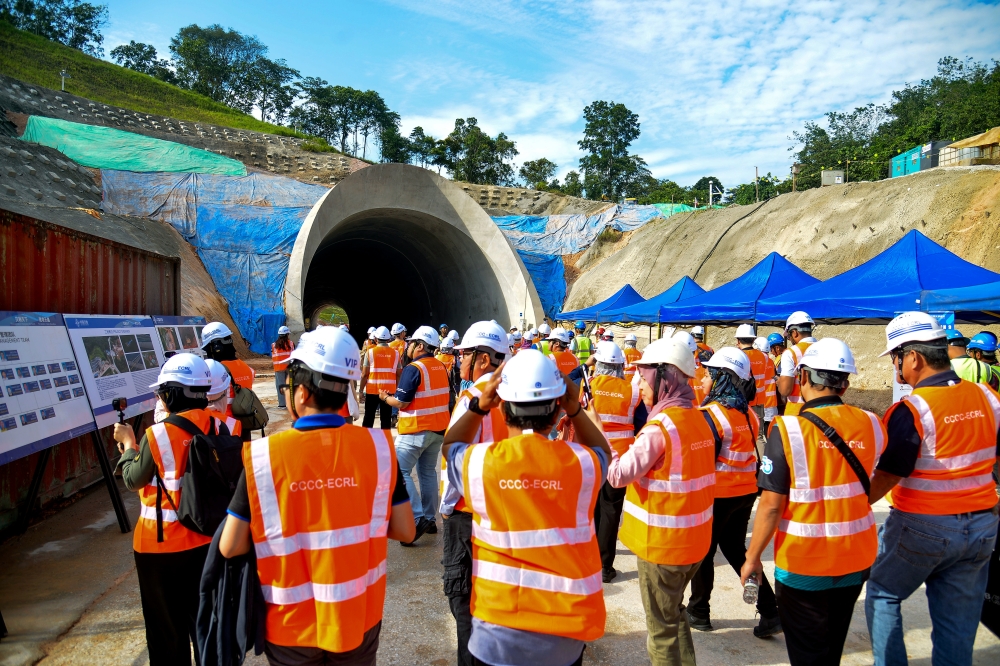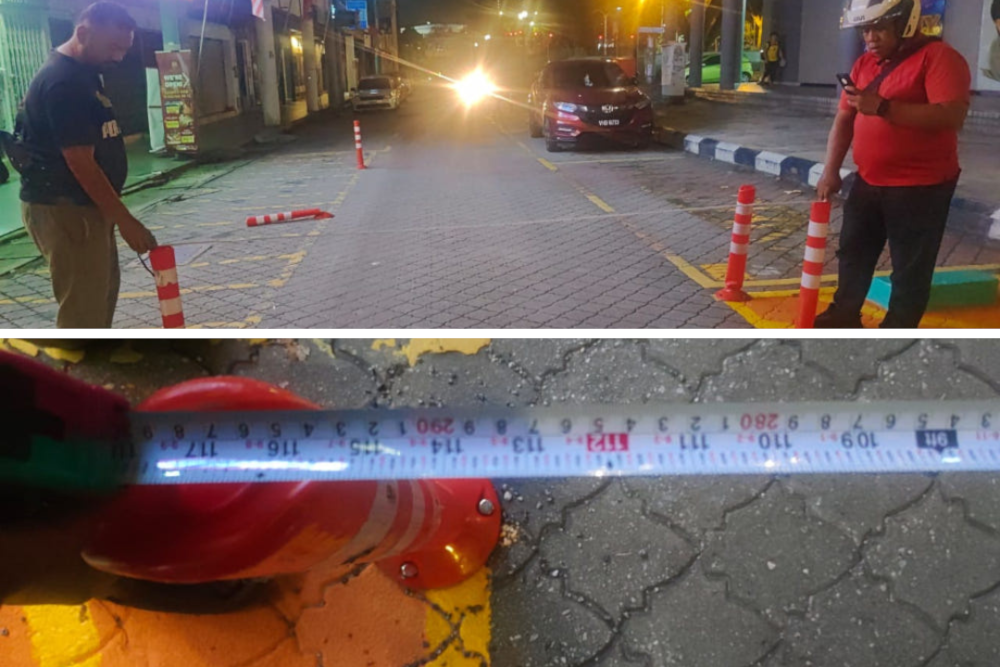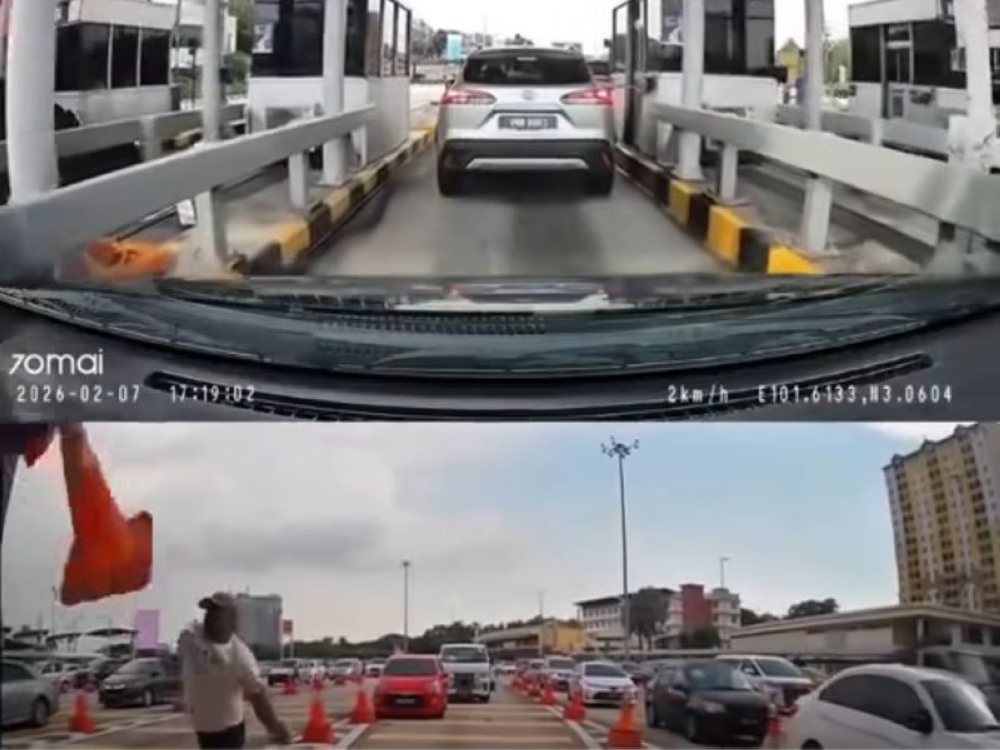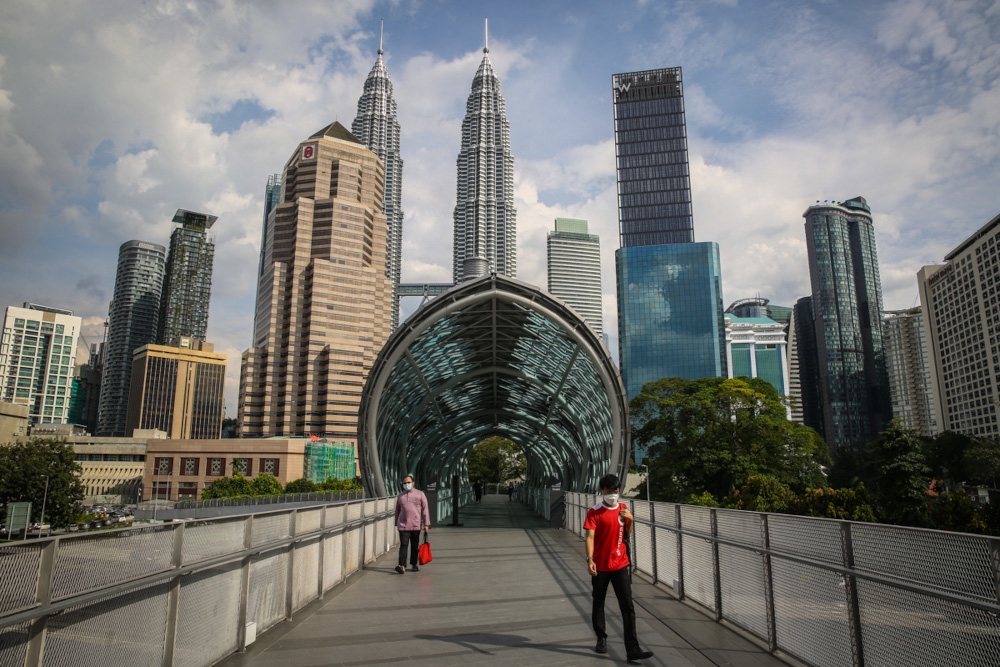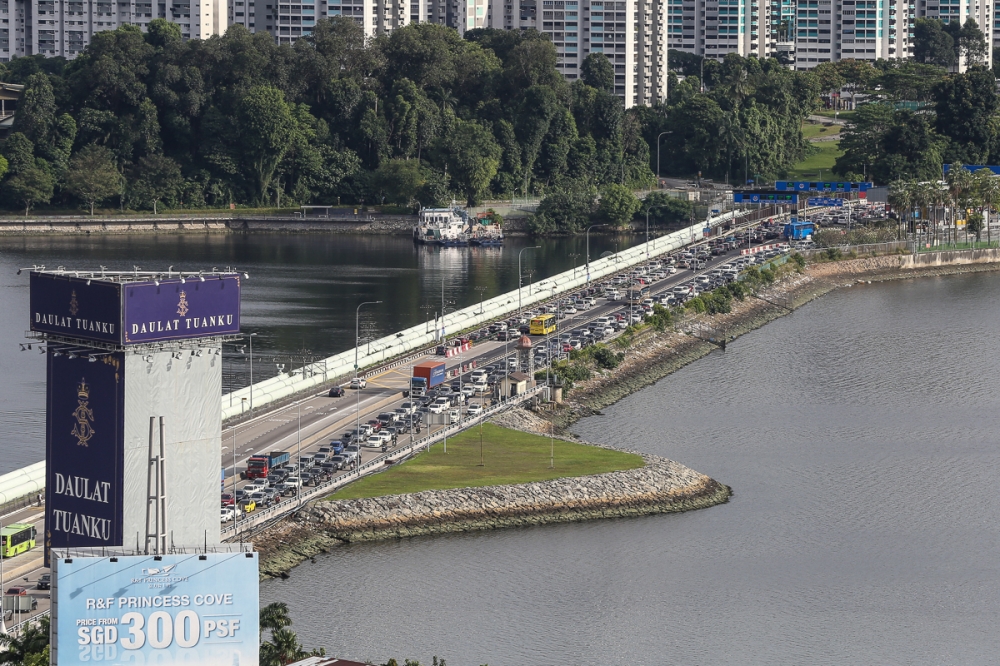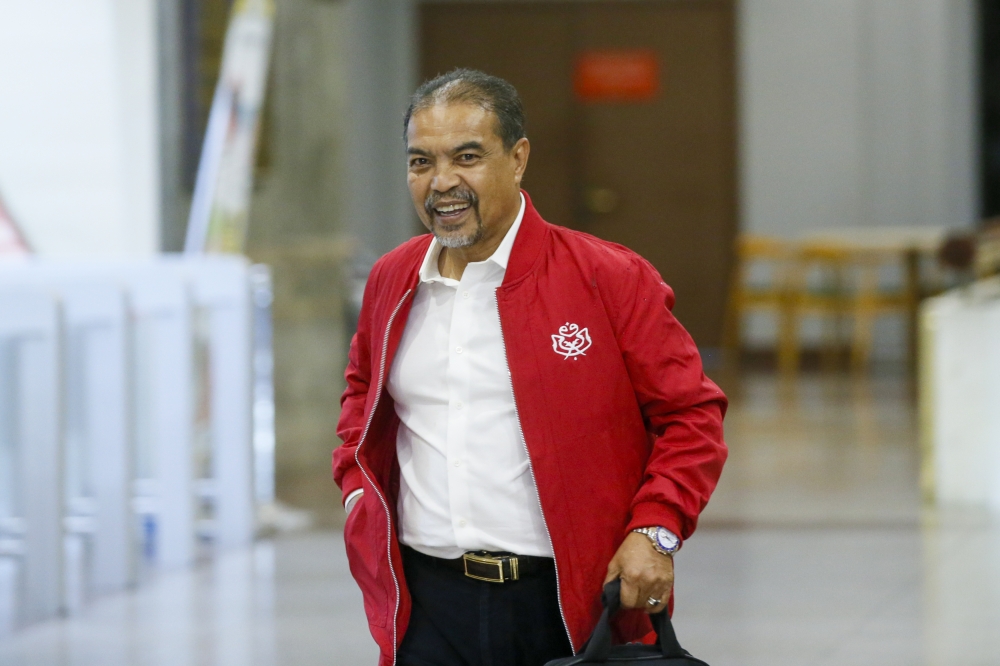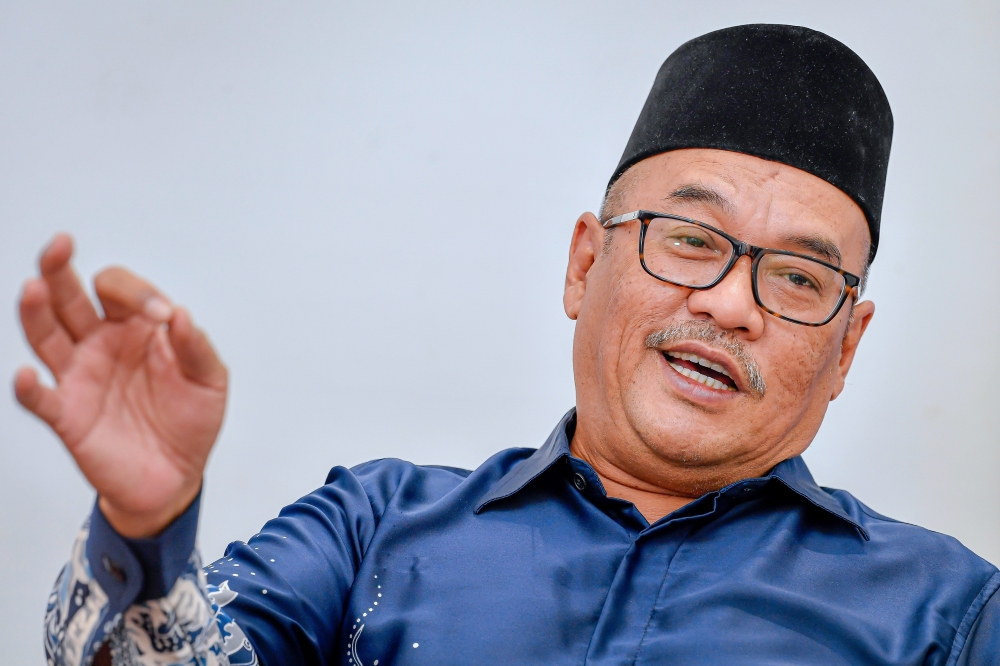MARCH 1 ― Much has been said in the past few weeks about the government’s decision to hire 1.5 million Bangladeshis to fill the labour shortage in critical sectors considered to be “dirty, difficult and dangerous.” Although recent news reported a freeze in the recruitment of all migrant workers to Malaysia, Bangladesh’s acting secretary in the Expatriates’ Welfare and Overseas Employment Ministry described the freeze as an “eyewash“ and that they expect Malaysia to honour the memorandum of understanding (MoU) signed to recruit Bangladeshis.
The general public, already disenchanted with the politics of the country, has decried the move to hire more migrants. However, they have been venting their anger at the wrong people, for the wrong reasons.
The land of immigrants
You only need to look at social media to see how debates and discussions have taken place and been shaped by this issue.
Not a day goes by without a Malaysian insulting a migrant worker for allegedly taking local jobs and causing more crime in our beloved country. “Balik lah Bangla, balik lah Indon”, you will hear from those who think that immigrants are the root causes of all our miseries.
Ironically, the same people who say these ugly words are those whose grandparents and ancestors came from faraway places to seek opportunity in this very land. Just like those immigrants.
Only the Orang Asli and the diverse ethnic groups in Sabah and Sarawak can really claim to be the true sons (and daughters) of this soil. For the rest of us, we ought to look at the issue at hand more objectively and direct the debate towards the real issue.
Our failed policies in labour and migrant workers
The real issue at hand is our labour policy, which aims to achieve objectives which are conflicting with one another.
More specifically, the government aims to attract skilled foreign talents into the country yet expect average national wages to be low, low enough to attract multi-national corporations (MNCs) to invest on our shores. All of this is done to become a high-income developed nation in 2020.
We want this title so badly yet we cannot seem to find the perfect balance between our different sub-objectives. We are stuck in this vicious cycle of cheap and low-skilled labour where employers rather hire migrants.
These migrants are willing to go the extra mile to do the dirtiest, most dangerous and difficult jobs despite low wages to live here and send some money back to their families.
We fault businesses for not hiring more locals. However, can you blame businesses entirely when they are just doing what they can to minimise costs while government labour policies, specifically on migrant workers, have been poor?
The New Economic Model announced that the excessive use of cheap foreign labour contradicts the country’s vision of high-income status, yet we continue to be Asia’s largest importer of labour with an estimated 6 million and only 2.9 million of them are working legally.
Having jobs is not enough
An easy answer to all this is to boot out the migrant workers and hire our own people. However, consider this point, why did we hire migrant workers in the first place? The locals are just not taking the jobs.
With a national minimum wage of RM1,000 and RM920 in West and East Malaysia respectively, it really sets the standards of how lowly paid our workers are, earning the ire of the Malaysian Trades Union Congress (MTUC) especially as living costs have risen nationwide.
Many have called for the increase in minimum wage, with PKR calling for it to be increased to RM1,500. This represents another form of headache especially for small businesses.
A lot of them hire cheap labour not just because they want to maximise their profits, but they cannot afford those with higher salary expectations.
Currently migrant workers make up approximately 20 per cent of the labour force, with a majority of them in crucial sectors such as construction and manufacturing.
These sectors cannot afford to pay more otherwise their products would skyrocket in prices, which will only hurt Malaysians more in these tough economic conditions.
Social pressures are influential factors too, deterring many locals from entering the so-called dangerous, dirty and difficult (3D) sector jobs market. Factories, construction sites and plantations no longer attract local talents.
For many, these jobs are considered to be demeaning especially when they believe that there are better, classier opportunities in other industries. This brings us to a full circle, hence why we need migrant workers in the country.
Rethinking our policies
If we are serious about achieving high-income status, we need to rethink our migrant worker and labour policies. In the short term, there needs to be tighter laws regulating the hiring and documentation of migrant workers.
Although the government has started putting more emphasis into technical and vocational education and training (TVET), it might be a case of too little, too late to achieve high income status by 2020.
It would also need to address the monetary and social concerns of the locals so that they can see the 3D sectors as opportunities instead.
However, all talk is cheap if actions do not speak louder than words. Too often, we clamour for meaningful legislations and policies but what really works on the ground is the right implementation of such legislations and policies.
Instead of calling out migrant workers as job stealers, we ought to incentivise businesses to hire more locals and pay better, and hold the government accountable to create a better economy and a better Malaysia.
* This article was written by the Editor-in-Chief of CEKU, the editorial arm of the United Kingdom and Eire Council of Malaysian Students (UKEC).
** This is the personal opinion of the columnist.

